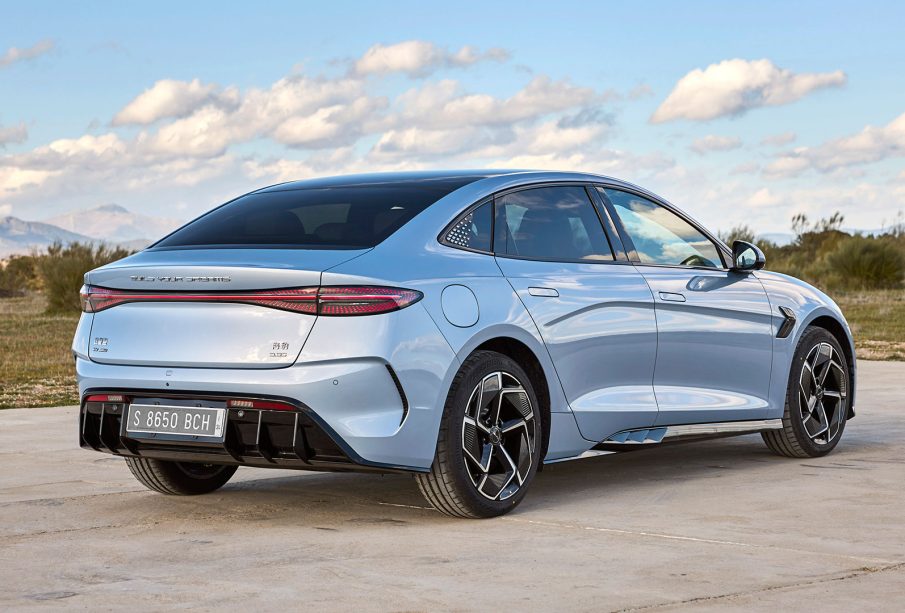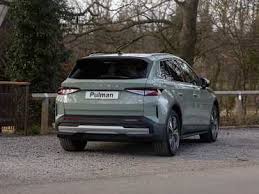The Rise of BYD: Leading the Electric Vehicle Revolution

Introduction
In the rapidly evolving automotive sector, BYD (Build Your Dreams) stands out as a major player in the electric vehicle (EV) market. Founded in 1995 in Shenzhen, China, BYD initially started as a battery manufacturer before transitioning to electric vehicles. With the climate crisis making headlines worldwide, the shift towards sustainable transport has never been more critical. BYD’s prominence is not just about its market share but also its commitment to innovation and environmental sustainability.
Recent Developments
As of 2023, BYD has made significant strides on multiple fronts, including expansion into international markets. Reports indicate that BYD’s EV sales soared by over 150% in the first half of the year compared to 2022, with a notable increase in demand in Europe and other regions. The company has recently launched new models such as the Dolphin, a compact electric hatchback that appeals to urban consumers. Moreover, BYD is investing heavily in enhancing its battery technology, including the development of the Blade Battery, renowned for its safety and efficiency.
Global Expansion and Challenges
BYD’s ambitions extend beyond China; the company aims to solidify its presence globally. In 2023, BYD initiated partnerships with several local manufacturers in markets like Germany and Norway, facing fierce competition from established players like Tesla and Volkswagen. Success in these regions hinges on BYD’s ability to navigate regulatory challenges and adapt its products to meet consumer preferences. Additionally, BYD’s strategy includes sustainable manufacturing processes, reducing emissions during production, which strongly aligns with global environmental goals.
Impact on the Automotive Market
The rise of BYD significantly impacts the automotive landscape. As countries commit to net-zero targets, the demand for electric vehicles will inevitably increase, benefitting companies that can innovate and scale production effectively. Analysts predict that BYD will play a crucial role in shaping the future of transportation, with some projections estimating that the company could become one of the top three global electric vehicle manufacturers by 2025.
Conclusion
BYD’s commitment to sustainability, innovation, and global expansion has positioned it as a frontrunner in the electric vehicle market. The current trends suggest that as more consumers demand electric alternatives, BYD is likely to continue its trajectory of growth. For readers, understanding BYD’s evolution offers valuable insight into the future of transportation and the potential shift towards a more sustainable world. The company’s success could be a blueprint for others in the EV industry, paving the way for what could be a cleaner, greener future.








